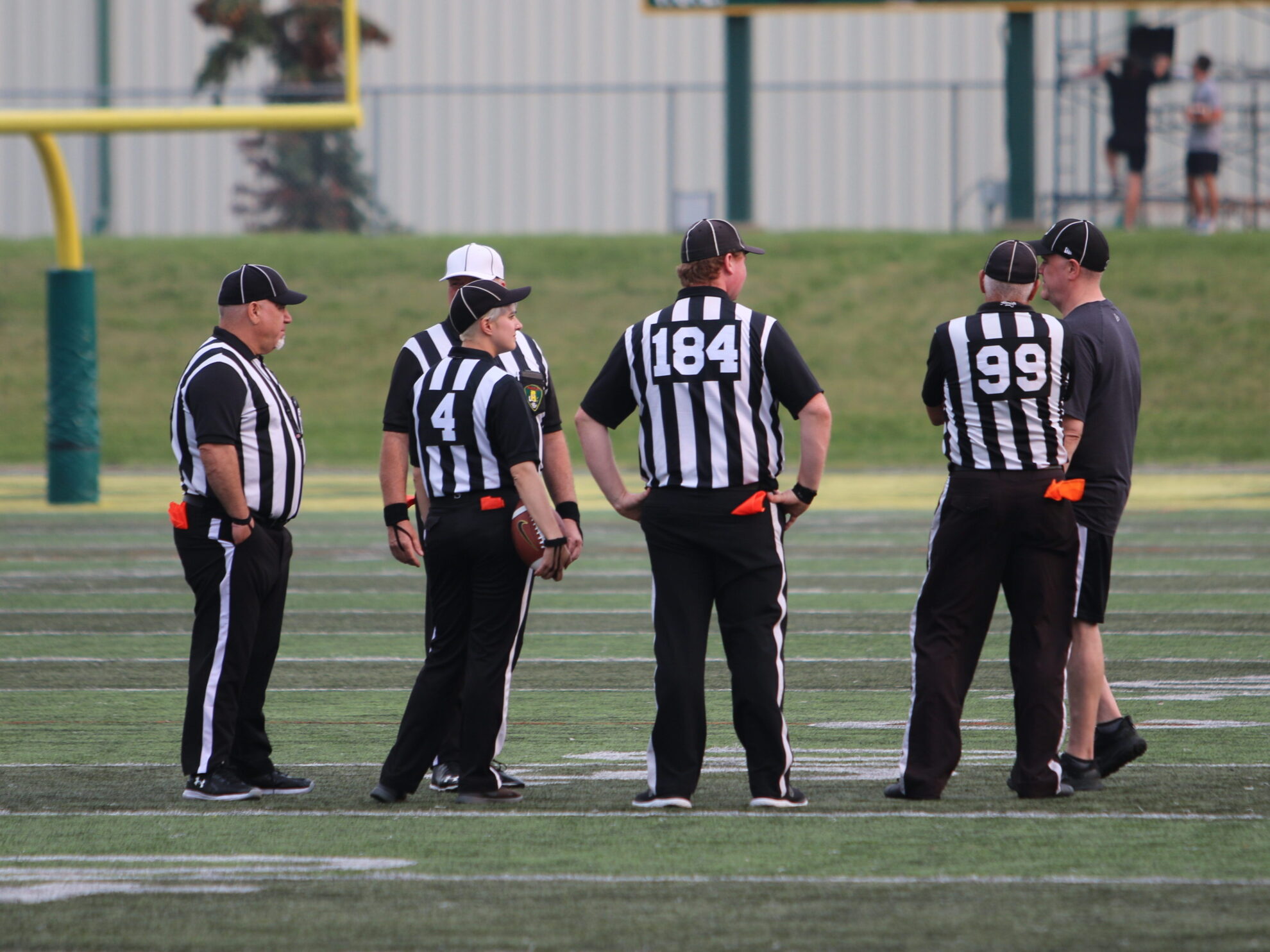Introduction
Adults in the role of learner tend to:Before starting any training, it is important to review the characteristics of adults in the role of learner. These characteristics significantly affect how adults respond to instruction. The following general points about adults in the role of learner have implications for you as a Officials Developer (OD) of FCOCP workshops.
Understanding Adults in the Role of Learner
Adults in the role of learner tend to:
- Have a vast range of abilities. The abilities of an adult learner are determined largely by the amount of his or her previous learning. Some have many years of post-secondary education, while others may not have finished high school. Some have many years in the workforce, while others may be starting their working careers. In FCOCP workshops, some officials may have competed extensively as athletes while others may not have any experience in sport. The range of officiating experience may be just as varied. As an OD, you must recognize and use this diversity.
- Use past experience as the basis for new learning. To make sense of information, adults tend to relate it to their past experiences: Is it similar to or different from their past experiences? Does it support or challenge what they already know? Experience tends to work as a filter. For some officials, experience stimulates thinking and learning, while for others it may create resistance to new ideas and information. Whatever officials’ reactions, the function of the OD is to give officials opportunities to share and examine experiences and, if possible, construct learning from their and others’ experiences.
- Be learning for their present role of official. Officials attend training to do a better job in their role as official. For some, doing a better job means not looking like a goof at next Saturday’s game; for other, it may entail refining some officiating skills. Because of the broad range of expectations, the Officials Developer must give each official an opportunity to relate the training to his or her officiating context and needs. By taking this approach, the OD makes training relevant and intrinsically motivating.
- Have the ability to take responsibility for their own learning. Adults usually have some experience in teaching themselves, either through experiences at work or in educational settings. Combined with a desire to control their learning, this experience makes active learning an effective training strategy. When adults are actively engaged in the process of learning, they are more likely to use higher order thinking skills such as critical thinking and problem-solving. The application of higher order thinking skills makes training more meaningful and learning more relevant. Throughout the training, the OD must give officials opportunities to develop the skills that will allow them to take greater responsibility for their own learning.
- Have their self-concept established. Adults with a positive self-concept tend to do well in the role of learner. By contrast, adults with low self-esteem may be fearful and insecure in the role of learner, perhaps because of past negative experiences in this role. Even adults with a positive self-concept may feel uncertain or threatened by the facilitative approach to training. It is therefore crucial the OD provide learning activities that allow officials to be successful, especially at the start of the training. A successful learning activity gives officials enough structure to understand the purpose and process of the activity and to take responsibility for their learning; it also engages them through topics that are meaningful in their officiating context and relevant to their level of experience. These successes, combined with the OD’s praise and positive comments, will enhance officials’ confidence in their ability to take responsibility for their learning.
- Be voluntary learners. Most adults taking official training do so voluntarily. If an adult is not comfortable in the physical environment or social structure of the workshop, he or she is free to withdraw. The OD must therefore create a comfortable physical environment and a supportive social structure. Developing a social structure that supports critical thinking and problem-solving is crucial. If officials feel threatened or believe that the group does not value their comments, they may be reluctant to become involved in learning activities. By contrast, when officials feel supported by the group and believe that it assesses their comments fairly, they are stimulated to become more involved in the process of learning. ODs must therefore model behaviours that support the group, encourage risk-taking, reward participation, and sanction behaviours or attitudes that do not support critical thinking and problem-solving.
Conclusion
Eight principles for the effective training of adults by ODs may be derived from this description of adults in the role of learner:
- ODs must recognize and use the vast range of ability within a group of adult learners.
- ODs must recognize that the starting point for learning for most adults is their past experience and knowledge.
- ODs must give the group opportunities to learn through learning activities that match the group’s maturity (ability to take responsibility), motivation (reasons for attending the training), and experience (past involvement in officiating).
- ODs must develop a social structure within the group that is supportive of participation, risk-taking, critical thinking, and problem-solving.
- ODs must provide learning activities that relate directly to officials’ officiating context.
- ODs must actively engage officials in learning that is meaningful and relevant.
- ODs must help the group develop skills that allow it to take more responsibility for its learning throughout the training.
- ODs must provide specific and positive feedback related to individual participation in the group activities, the group’s ability to take responsibility for its own learning, interactions among officials, the quality of discussions, and the ability of the group to think critically.
The aim of education should be to teach us rather how to think, than what to think – rather to improve our minds, so as to enable us to think for ourselves, than to load the memory with the thoughts of other men.




